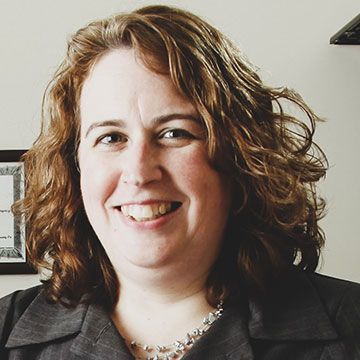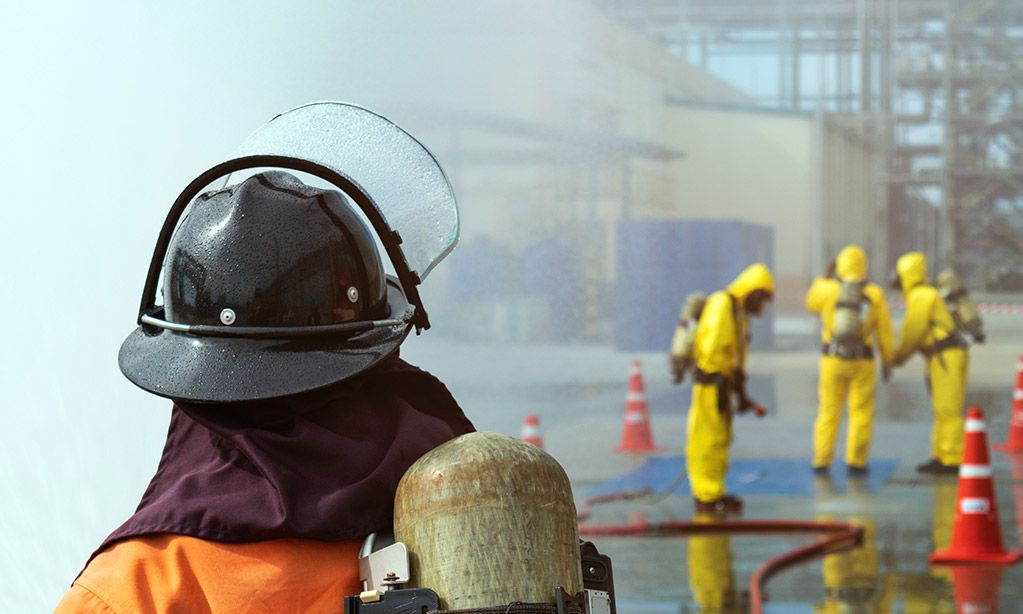

LEPCs and SERCs
Local Emergency Planning Committees (LEPCs) and State Emergency Response Commission (SERC) in a Nutshell.
Under the Emergency Planning and Community Right-to-Know Act (EPCRA), Local Emergency Planning Committees (LEPCs) are charged with developing emergency response plans for the community, reviewing the plans at least annually, and providing information about chemicals in the community to concerned citizens. The LEPC membership must include (at a minimum):
-
Elected state and local officials
-
Police, fire, civil defense, and public health professionals
-
Environment, transportation, and hospital officials
-
Facility representatives
-
Representatives from community groups and the media
Because LEPC membership includes chemical facility representatives as well as first responders and community groups, members are able to interact with each other. When emergencies happen, this helps everyone work together more easily because they already know each other’s strengths.
To find your LEPC, please contact your State Emergency Response Commission (SERC).

State Emergency Response Commission (SERC)
In addition to LEPCs, EPCRA also established a national network of State Emergency Response Commissions (SERCs) to assist local, state, and regional emergency managers as well as LEPCs, health officials, and community groups.
SERCs can provide a variety of support, including grants, education, information, and emergency support personnel.
Related Articles
Subscribe for Updates:
Sign up here to get the latest news, rules, and regulations and delivered right to your inbox.